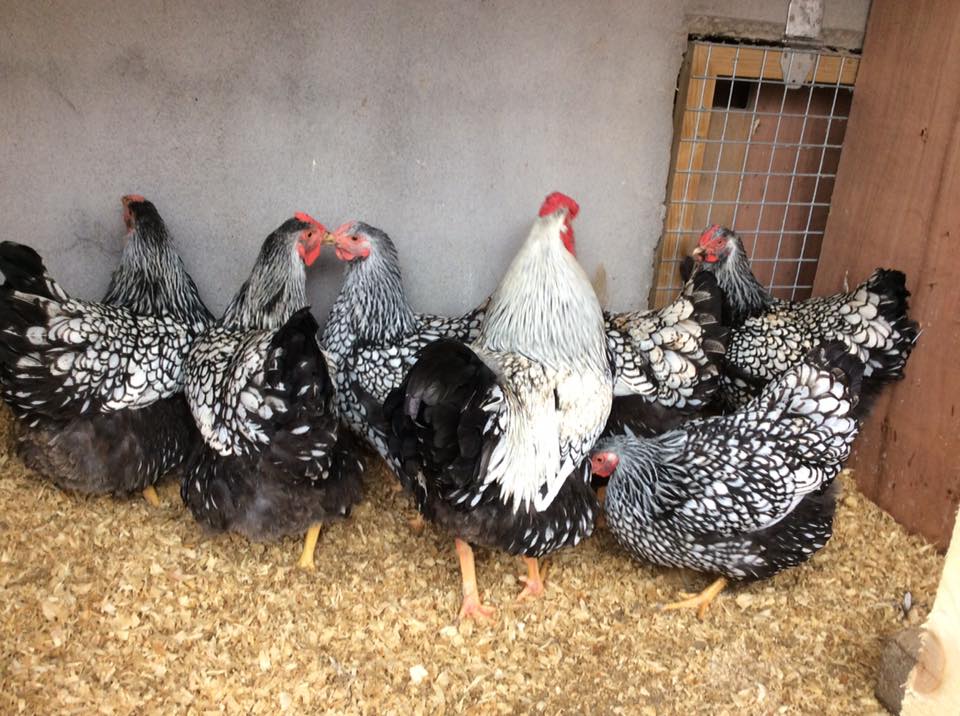Bird-Flu Restrictions Hitting Free-Range Poultry Farmers across Tyrone
The ongoing threat from bird flu is putting serious pressure on poultry farmers and hundreds of householders with backyard chickens across Tyrone.
Andrew Kerr who runs the very successful Clogher Valley Poultry business, which rears chickens for sale and supplies free range eggs, has been forced to keep his birds indoors, after the arrival of the H5N8 avian influenza in Ireland.
Over the last few weeks, two wild dead swans found on Lough Beg just below Lough Neagh have tested positive for the disease.
The Department of Agriculture has ordered that poultry farmers and anyone who keeps chickens, must keep them inside to prevent contact with wild birds which may be carrying the disease.
“It has been having quite a big impact on ourselves, most of our chickens are free range, and so keeping them indoors can add to the cost, with more food needed,” said Andrew who has around 1,500 birds at any one time.
“We are quite lucky here, as we have a lot of sheds, so that has helped, but I know there are quite a few poultry farmers and free-range suppliers who are finding it difficult.
“Tyrone has a lot of poultry farmers and it is also causing a lot of concern for people who just keep a few chickens in their back yards and gardens for free range eggs. Lots of them do not have large enough sheds to be keeping their birds locked up all day and the chickens are easily stressed.”
The Prevention Zone restrictions in Northern Ireland will remain in place until March 16.
“Hopefully, we can let the chickens outside again after this date,” Andrew continued.
“Over the last few years, there has been an explosion in the number of people keeping chickens. They make great pets and of course they provide free range eggs, so this will be affecting lots of people at the minute.”
The Chief Veterinary Officer for the North, Robert Huey outlined the measures which poultry keepers must take to prevent the disease.
The Prevention Zone and temporary suspension on gatherings of poultry remain in place. It is also important that bird keepers in Northern Ireland remain vigilant and where necessary improve their biosecurity. Even when birds are housed there is still a risk of infection and biosecurity should not be compromised. Clothing and equipment should be disinfected, the movement of poultry should be reduced and contact between poultry and wild birds should be minimised.”
He added: “Expert advice remains that consumers should not be concerned about eating eggs or poultry and the threat to public health from the virus is very low.
“Poultry and other bird keepers are reminded that anyone who has any poultry or any other captive birds must be registered with the Department.”
Members of the public are encouraged to report dead waterfowl (swans, geese or ducks) or gulls, or five or more dead wild birds of other species in the same location, to the DAERA helpline on 0300 200 7840, Mon-Fri 9.00am to 5.00pm).
Source: ulsterherald.com




